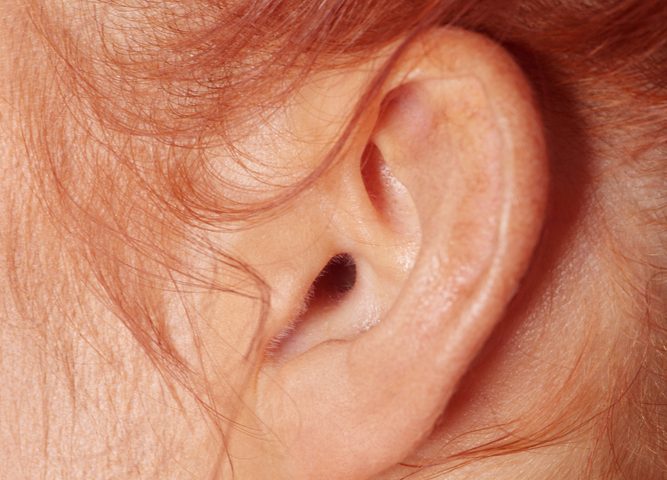A novel new hearing test is being investigated by experts in Nottingham, England, to determine whether it could successfully detect early hearing loss in cystic fibrosis (CF) patients.
The study is being conducted in a research collaboration at The University of Nottingham, Nottingham University Hospitals NHS Trust, and experts at the National Institute for Health Research (NIHR) Nottingham Hearing Biomedical Research Unit.
Current hearing loss tests require special appointments and may not be able to detect problems in an early stage. Hearing loss is an adverse effect of some of the intravenous (IV) antibiotics used to treat the recurring chest infections linked to CF, a genetic condition.
One of the most common group of drugs is called aminoglycosides, which have been connected to hearing loss in CF patients. The study aims to determine if this new test can detect hearing loss in advance, thus allowing doctors to reconsider future antibiotic prescriptions.
Dr. Sally Palser of the University of Nottingham’s School of Medicine is directing the project and said in a press release: “People with CF already face many challenges in managing their health to lead as full and active a life as possible. Adding hearing loss as a result of their treatment is an additional burden which they shouldn’t have to bear.
“We are keen to find out whether this new test could act as an early warning system, enabling us to detect hearing loss in patients before they themselves have even noticed its effect. Their doctor may then be able to switch to a different medication in future to prevent any further damage from being done,” Palser said.
The new High Frequency Digit Triple Test (HFDT) is simple to perform and can be done during a routine CF patient’s appointment. The patient listens to a set of three numbers with several levels of background noise while wearing headphones. Participants are then asked to enter the numbers on a pad which is made available to them after the test.
This procedure is easier to perform than existing standard tests because it doesn’t need specialist training and it is designed to pick up changes in higher frequency hearing initially caused by antibiotics.
Specialists at the NIHR are now recruiting about 300 people with CF to join the study, which will analyze the efficiency of this test in detecting hearing loss at an early stage, its suitability to be taken by patients who are not feeling well and are about to initiate IV antibiotics treatment, and to find if there are underlying genetic factors that make some people more likely to develop hearing loss when treated with antibiotics.
All participants will be asked to take part in genetic testing, which will require patients to provide a saliva or blood sample.
The study will take place in different groups:
- Children older than 11 and adults who are attending a routine CF appointment, and who will stay for about one hour longer to take the new hearing test alongside the standard test;
- Children older than 11 and adults who are not feeling well and will undergo the new test before they start treatment with IV antibiotics. The test will be repeated at the end of the treatment at a follow-up appointment;
- Children between the ages of 5 and 10, who will take the new test to allow researchers to determine whether it can be conducted in younger patients. A control group of children of the same age will also be recruited from local schools, to ensure that having CF does not effect children’s ability to take the new hearing test.
Dr. Maria Koufali, deputy director of research and innovation at Nottingham University Hospitals NHS Trust, said: “This is a great example of clinicians and scientists in Nottingham working closely together to produce a simple but innovative diagnostic test which could make a difference to lives of children and adults with CF in Nottingham and elsewhere.
“The research could also allow us to understand why some patients are more susceptible than others to hearing loss, and help us to prevent other forms of deafness,” she said.

